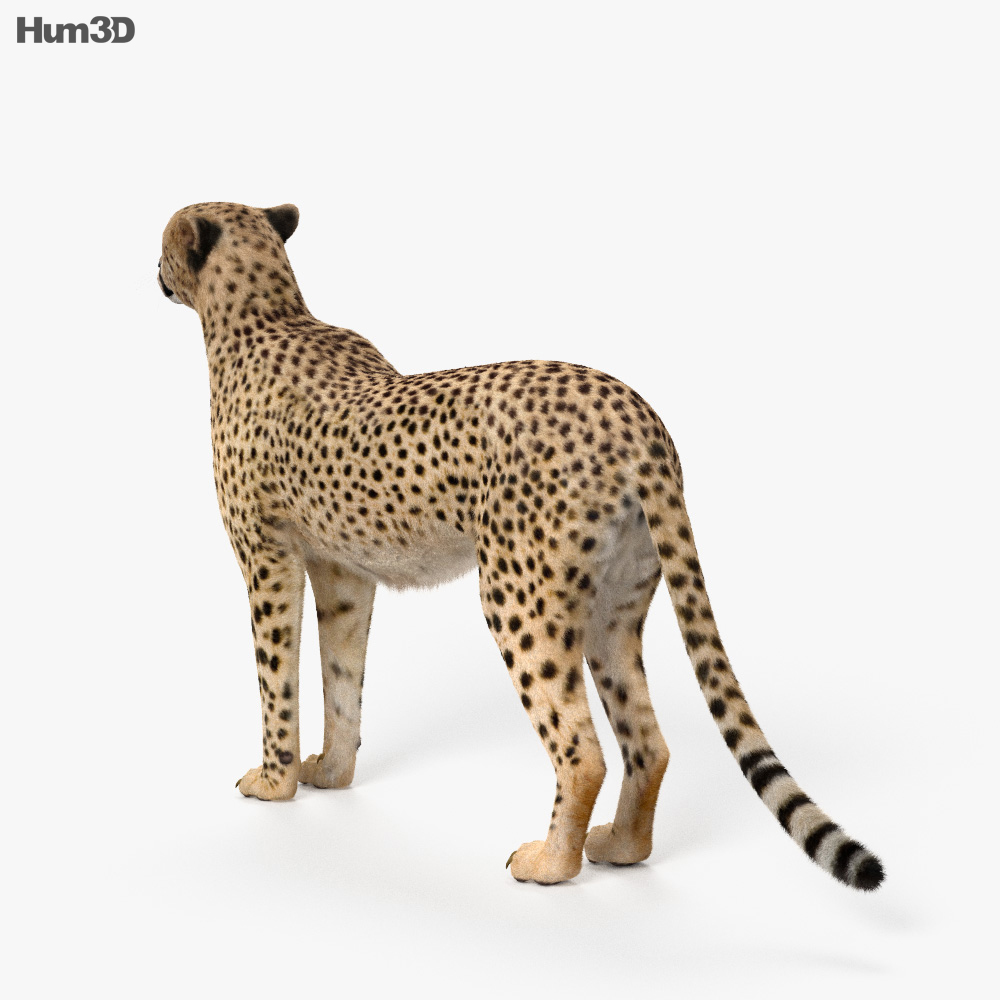
- Simultaneous animation tracks in cheetah3d mac os x#
- Simultaneous animation tracks in cheetah3d code#
- Simultaneous animation tracks in cheetah3d Ps4#
- Simultaneous animation tracks in cheetah3d windows#
Actual implementations typically support a bit more but in general one should consider grouping related data in structs as opposed to having each data item in its own buffer.
Simultaneous animation tracks in cheetah3d code#
However, in the case of manually written GLSL code the layout rule differences must be taken into account. Automatically translated GLSL shaders work around this issue so that the same data layout can be used for both D3D and OpenGL. D3D and OpenGL buffers have different data layout rules.In order to achieve shaders working on multiple different platforms one should consider these limitations: Therefore for the easiest cross-platform builds it is recommended to write compute shaders in HLSL. For example, "SamplerState MyLinearClampSampler" - this will have linear filter and clamp wrap mode.Īs with regular shaders, Unity is capable of translating compute shaders from HLSL to GLSL. Or use one of “predefined” samplers name has to have “Linear” or “Point” (for filter mode) and “Clamp” or “Repeat” (for wrap mode).In this case, sampler will be initialized to that texture’s filter/wrap/aniso settings. Texture2D MyTex SamplerState samplerMyTex). Either use same as texture name, with “sampler” in front (e.g.Textures and samplers aren’t separate objects in Unity, so in order to use them in compute shader you have to follow some Unity specific rules:

Render Textures can also be written into from compute shaders, if they have “random access” flag set (“unordered access view” in DX11), see RenderTexture.enableRandomWrite. See scripting reference of ComputeShader class for more details.Ĭlosely related to compute shaders is a ComputeBuffer class, which defines arbitrary data buffer (“structured buffer” in DX11 lingo). In your script, define a variable of ComputeShader type, assign a reference to the asset, and then you can invoke them with ComputeShader.Dispatch function. The #pragma kernel line can optionally be followed by a number of preprocessor macros to define while compiling that kernel, for example: #pragma kernel KernelOne SOME_DEFINE DEFINE_WITH_VALUE=1337 Please note when using multiple #pragma kernel lines that comments of the style // text are not permitted on the same line as the #pragma kernel directives and will cause compilation errors. There can be more kernels in the file just add multiple #pragma kernel lines. One compute shader asset file must contain at least one “compute kernel” that can be invoked, and that function is indicated by the #pragma directive. The language is standard DX11 HLSL, with the only exception of a #pragma kernel FillWithRed directive. Note that the example above does not do anything remotely interesting, it just fills the output texture with red. Void FillWithRed (uint3 dtid : SV_DispatchThreadID) Here’s a minimal example of a compute shader file: // pute They are written in DirectX 11 style HLSL language, with minimal amount of #pragma compilation directives to indicate which functions to compile as compute shader kernels. Similar to regular shaders, Compute Shaders are asset files in your project, with *.compute file extension.
Simultaneous animation tracks in cheetah3d Ps4#
Modern consoles (Sony PS4 and Microsoft Xbox One).
Simultaneous animation tracks in cheetah3d mac os x#
Note that Mac OS X does not support OpenGL 4.3, so no compute shaders there yet.

Simultaneous animation tracks in cheetah3d windows#


 0 kommentar(er)
0 kommentar(er)
